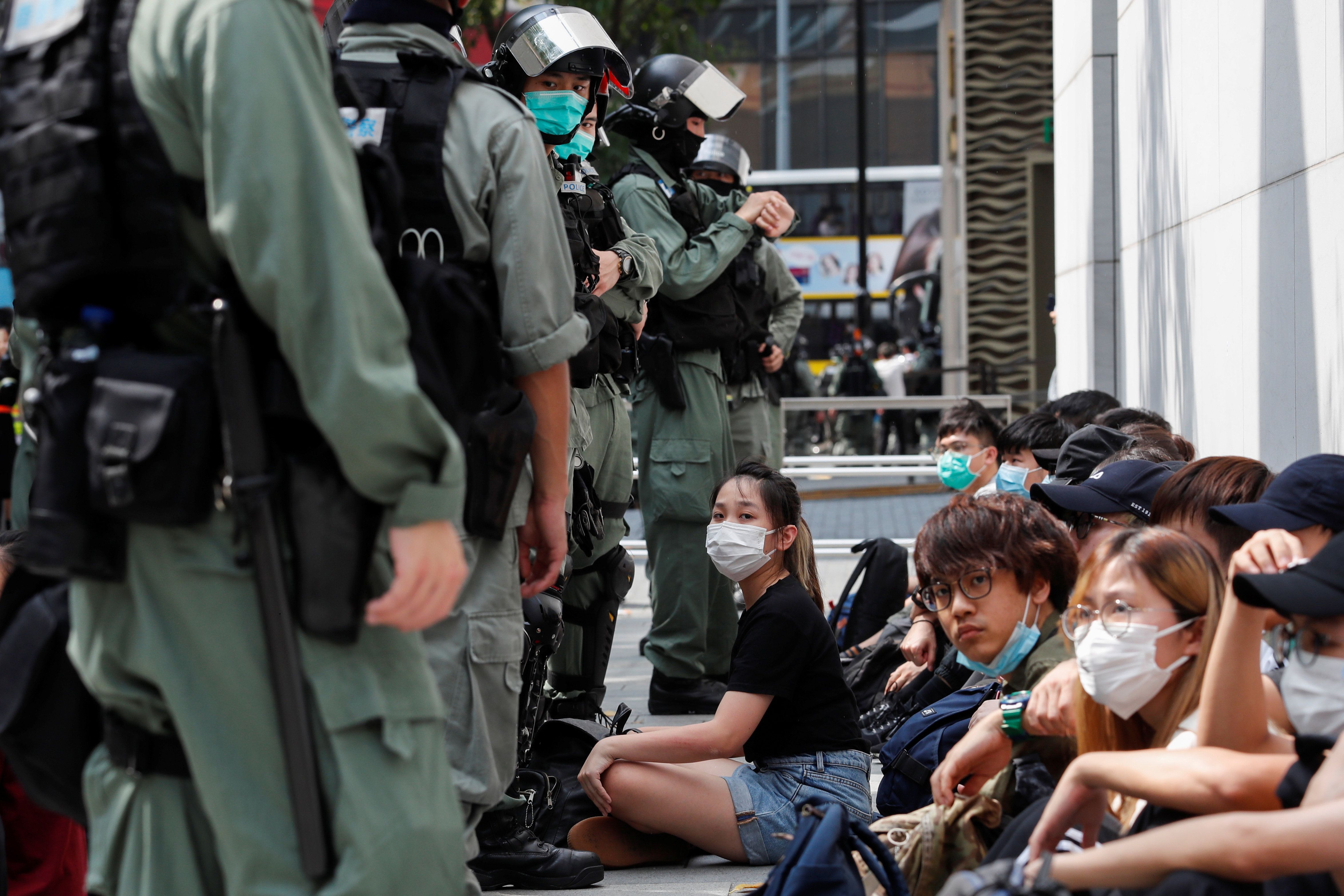July 09, 2020
Australia ends extradition with Hong Kong: Australian Prime Minister Scott Morrison said his country would suspend an extradition treaty with Hong Kong in response to China's new security law, which severely compromises the city's autonomy. Morrison also said Canberra would give around 10,000 Hong Kong students and visa holders in Australia a path to permanent residency. Australia-China ties have been deteriorating in recent months — in response to Morrison's calls for an investigation into China's handling of the pandemic, Beijing slapped fresh tariffs on Australian goods in May. Australia's latest move follows a similar one by Canada last week, while Britain has also condemned China's draconian security law and said it will offer 3 million Hong Kongers a path to citizenship. We're watching to see whether the international blowback will have any effect on Beijing's policy.
Who will run for Ivorian president after PM's death? The prime minister of the Ivory Coast died suddenly on Wednesday, following his first cabinet meeting since returning from heart surgery in France. The passing of Amadou Gon Coulibaly, 61, upends the race to replace President Alassane Ouattara, who had designated Coulibaly as his successor ahead of an election set to occur in just three months. Outtara has been in office since 2011, when he took power following a brief yet bloody civil war that erupted after his predecessor Laurent Gbagbo refused to leave office even after losing the 2010 election. Now Ouattara will either have to change his mind and run for reelection, or pick another candidate for the ruling party to face Henri Konan Bedie, an aging former military coup leader, as well as Gbagbo. This political uncertainty could have big implications for the future of the Ivory Coast, which in recent years has moved beyond its violent past to become one of Africa's best-governed countries.
"Independent" panel to review WHO on coronavirus: The World Health Organization has appointed a committee to evaluate the global response to the COVID-19 crisis, as well as the WHO's own handling of the pandemic. The move comes at a critical time for the global public health body, which has come under fire from President Trump for being too cozy with China. The WHO denied that the review had anything to do with pressure from the US, which last week announced its withdrawal from the body altogether. The question now is whether a panel appointed by WHO member states will be powerful enough to conduct a credible probe.
More For You
Global conflict was at a record high in 2025, will 2026 be more peaceful? Ian Bremmer talks with CNN’s Clarissa Ward and Comfort Ero of the International Crisis Group on the GZERO World Podcast.
Most Popular
Think you know what's going on around the world? Here's your chance to prove it.
Indian Prime Minister Narendra Modi isn’t necessarily known as the greatest friend of Muslim people, yet his own government is now seeking to build bridges with Afghanistan’s Islamist leaders, the Taliban.
French President Emmanuel Macron, German Chancellor Friedrich Merz, Ukrainian President Volodymyr Zelenskiy, U.S. Special Envoy Steve Witkoff and businessman Jared Kushner, along with NATO Secretary-General Mark Rutte and otherEuropean leaders, pose for a group photo at the Chancellery in Berlin, Germany, December 15, 2025.
Kay Nietfeld/Pool via REUTERS
The European Union just pulled off something that, a year ago, seemed politically impossible: it froze $247 billion in Russian central bank assets indefinitely, stripping the Kremlin of one of its most reliable pressure points.
© 2025 GZERO Media. All Rights Reserved | A Eurasia Group media company.
